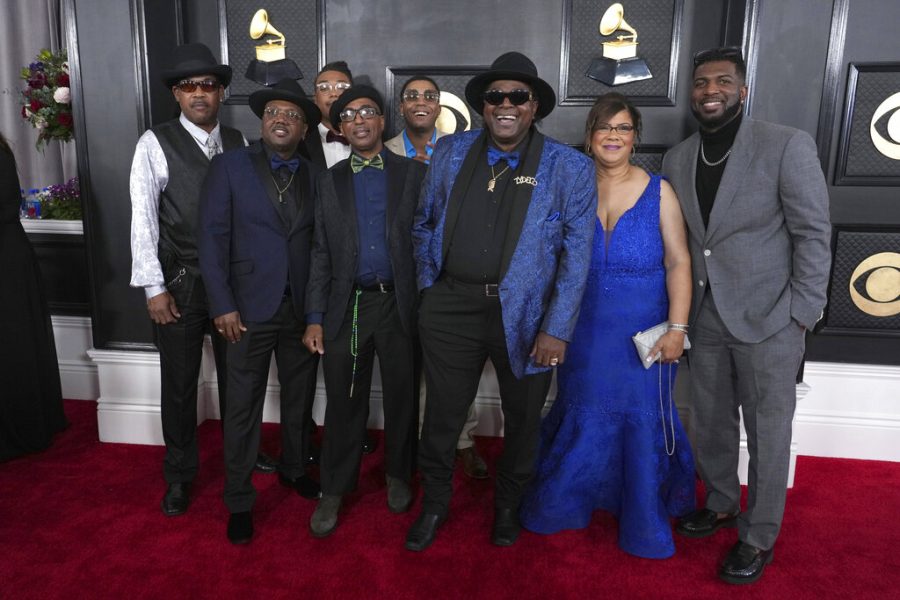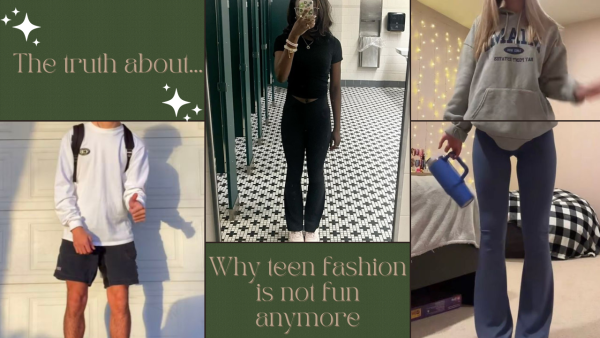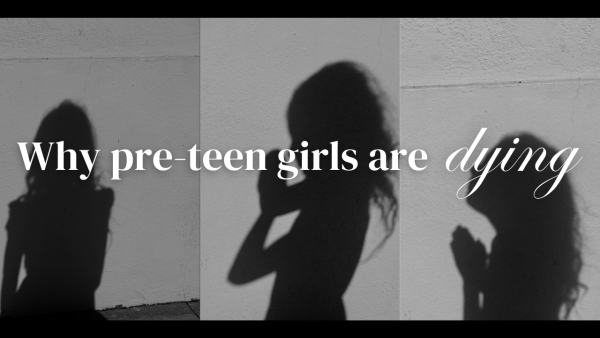OPINION: The Grammys’ masked racism has gone too far
Members of Nathan and The Zydeco Cha Chas arrive at the 65th annual Grammy Awards on Sunday, Feb. 5, 2023, in Los Angeles. (Photo by Jordan Strauss/Invision/AP)
Opinions expressed in the Op/Ed section of The Knight Crier are not necessarily reflective of the views of the entire staff of the KC.
Another year has passed, and with that comes the ever-so-disappointing results of the most influential award show in the musical realm of entertainment, the Grammys. Besides the apparent fault in the production of this show, which is the failure to nominate records and songs that were truly deserving of recognition, this year’s awards once again stirred the pot of an everlasting controversy that this show seems to be entangled with. Racism.
Musicians all over the world dream of one day being a recipient of this prestigious award. They serve as validation of a musician’s talent and are a demonstration of the artist’s hard work. However, there is a conceivable amount of evidence that highlights blatant racism when it comes to these awards.
Black artists have only received 27% of the nominations for the big 4 categories even though they make up 38% of all artists on Billboard’s signature chart, according to research from CNN. When the study was conducted in 2020, it showed that only 4 artists have won awards in the categories of Album of the Year, Song of the Year, Record of the Year, and Best New Artist in the past 9 years. In 9 years, there are 36 different opportunities for non-white musicians to win these awards. 32 of those times, a white person was declared the winner.
A different study was done by the ad agency DraftFCB, and it demonstrated that more than 81 percent of Billboard’s Top 10 best-selling albums are now made by non-white or mixed-race groups of artists. And yet, in the history of the Grammys, only 11 black musicians have ever won album of the year.
One of the main reasons for this disparity was the creation of the “urban categories.” The accusations state that the committee uses the categories of Rap and RnB to give credit to these black musicians without having to give them proper recognition. And the evidence backs it up.
Take Beyonce, for example. With this past Grammys show, she officially became the artist with the most Grammys in history. And yet, every award she received besides one came through the specific urban categories, not the big 4 awards. Whether it was Lemonade in 2016 or Renaissance this year, Beyonce was robbed of album/song of the year awards on multiple occasions.
Another great example was Tyler, the Creator’s Igor. The problem with this album was not that it was not given an award, but that it was given the wrong one. Okonma worked diligently to produce an album that was extremely genre-bending and was clearly not hip-hop in the slightest, and yet it was still awarded Rap Album of the Year.
He told the press: “I’m half and half on it. On one side, I’m very grateful that what I make can be acknowledged in a world like this, but also it sucks that whenever we – and I mean guys that look like me – do anything that’s genre-bending, they always put it in the rap or urban category.”
There have been many other examples throughout the history of the Grammys, with Kendrick Lamar being another notable victim. In 2014, Kendrick Lamar’s album, good kid, m.A.A.d city, which received critical acclaim and was the clear winner of the award, was robbed for Rap Album of the Year by Macklemore. Lamar’s album spoke heavily on gang violence and life in the hood as a teenager and served as a way to empower the black community and speak on his trauma growing up in Compton, while the other was a bland attempt at a hip-hop album whose greatest highlight was shouting “the ceiling can’t hold us.” It’s no wonder that racism accusations are flung at the Grammys every year when things like this happen on a relatively consistent basis.
This year was another prime example of prejudiced selections for the big categories. For the Album of the Year, we had a multitude of genres from many different cultures, whether it was Kendrick Lamar’s Mr. Morale and the Big Steppers and Beyonce’s Renaissance representing the African-American community, or Bad Bunny’s Un Verano Sin Ti, representing Latino culture. And then, there was Harry’s House. While not a terrible album, it was clearly one of the worst of the selection, being described by most as “music you hear at the mall.” It was very simple, bland pop music. Nothing wrong with that, but what is wrong is when this music is awarded the Album of the Year over the other, clearly more intricate and meaningful records.
Common counter arguments that may be used to defend these prejudiced points of view are that a genre like hip-hop is not “real music.” These claims are based on the fact that these genres implement a different musical approach to what was customary in society for a long time, and clearly, it makes some people uncomfortable.
Some examples of these approaches are sampling and the use of synths.
For reference, sampling is a commonly used method in hip-hop to create the instrumental for a track. The method consists of borrowing from other, previously made music, chopping/mixing the borrowed portion, and combining it with your own music to make a new, complex-sounding, and unique instrumental.
Synth, short for synthesizer, is a modern instrument that allows the user to play a variety of different sounds all on one electronic keyboard. It can be used to lay down a nasty drumline, for example, or a funky guitar riff. It is very commonplace in modern music, and is a great tool that can, and has led to incredible songs.
These methods are extremely unique and effective ways to produce great music, but some people view them as stealing and see them as a way to easily make music that has no real meaning behind it. This is an extremely shallow and racist means of thinking and is just trying to discredit the hard work of the people who have devoted their lives to advancing the genre.
And by almost never awarding the major categories to music that falls under this umbrella, the Grammys are effectively justifying the prejudiced claims that are made by these mindless individuals.
While of course, this has a large impact on the music industry, it has an even greater impact on the communities themselves. Communities that are home to mostly black and Hispanic people are already victims of higher crime rates, lower-quality education, and a plethora of other social problems. Many of the people who belong to these cultures already struggle to fit in and feel at home in a country that, up until recently, was completely dominated by white people in every aspect. Music serves as an escape, and as a way to feel proud of your culture, and more importantly, of your own identity. So when the most influential award show in the world continues to have colored artists nominated for big awards just to lose over and over again, it sends a bad message to these communities, especially the youth. How are they supposed to feel like they belong when the one thing that is supposed to unite the world is still somehow falling victim to discrimination?












